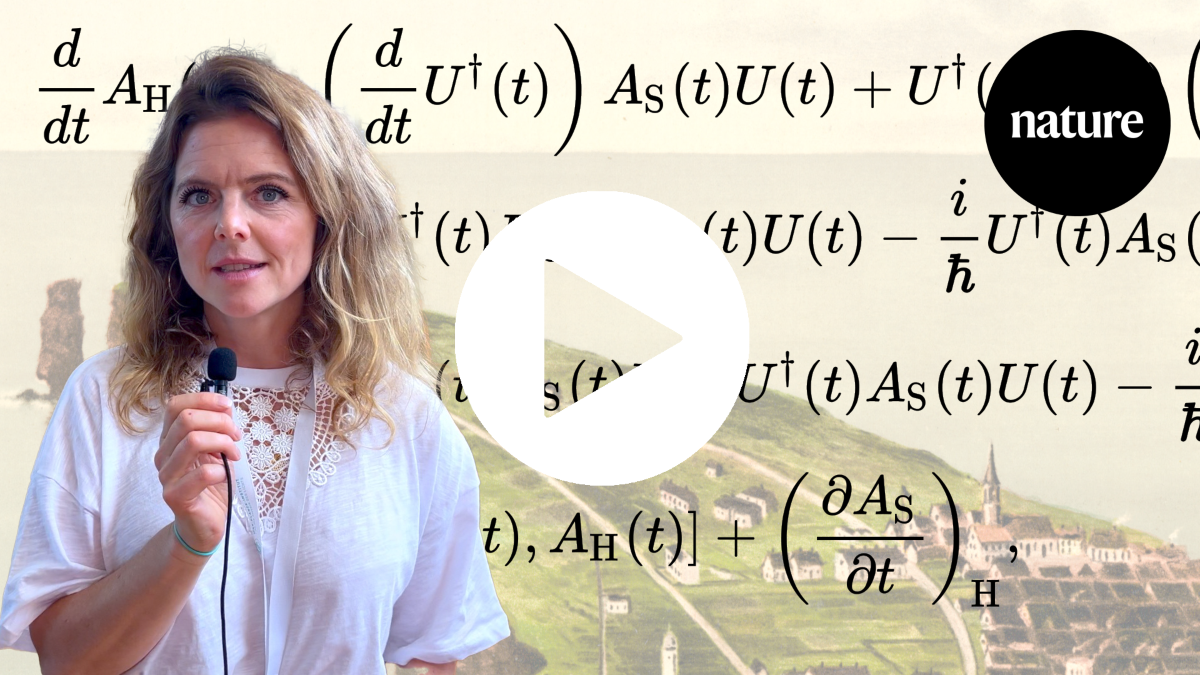
"Quantum mechanics fundamentally challenges our understanding of nature. Despite its successful predictions, even leading physicists acknowledge that no consensus exists on its foundational principles, which creates ongoing debates."
"The disagreements among physicists stem from differing interpretations of quantum phenomena. These interpretations reflect deep philosophical questions about reality and measurement, indicating that resolving them might not be feasible."
"Some physicists assume that increasing experimental evidence could clarify disagreements in quantum mechanics. However, others believe the complexity of the theories means debates will persist indefinitely."
"While quantum mechanics is essential for modern technology, its intrinsic complexities mean that an ultimate agreement among physicists is unlikely. The field continues to provoke both theoretical and experimental inquiries."
Quantum mechanics, born in June 1925, continues to baffle leading physicists, who struggle to reach consensus on its foundational principles. Multiple interpretations cause vigorous debates, fueled by deep philosophical inquiries surrounding reality and measurement. Despite advancements in technology and numerous experiments supporting quantum theory, an overall agreement on its nuances appears elusive. This ongoing contention raises the question of whether such disagreements can ever be resolved or if they are an inherent aspect of the science. The intricate nature of quantum mechanics ensures that both theoretical and experimental explorations will persist into the future.
Read at Nature
Unable to calculate read time
Collection
[
|
...
]